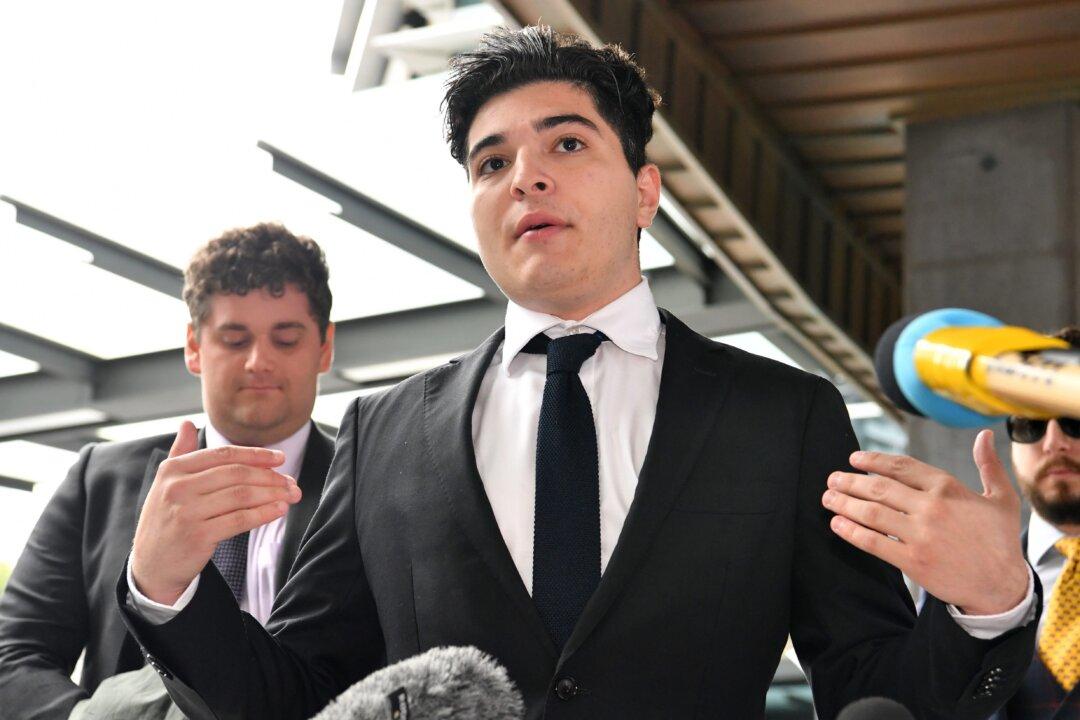Australia’s Morrison government will launch an official and broad-ranging parliamentary inquiry into foreign interference at universities including the involvement of academics in Beijing’s Thousand Talents recruitment program—which has been covered extensively by The Epoch Times.
On Aug. 31, News Corp’s The Australian reported that Home Affairs Minister Peter Dutton has outlined the terms of reference for the inquiry in a letter to Andrew Hastie, the chair of the parliamentary joint committee on intelligence and security.





